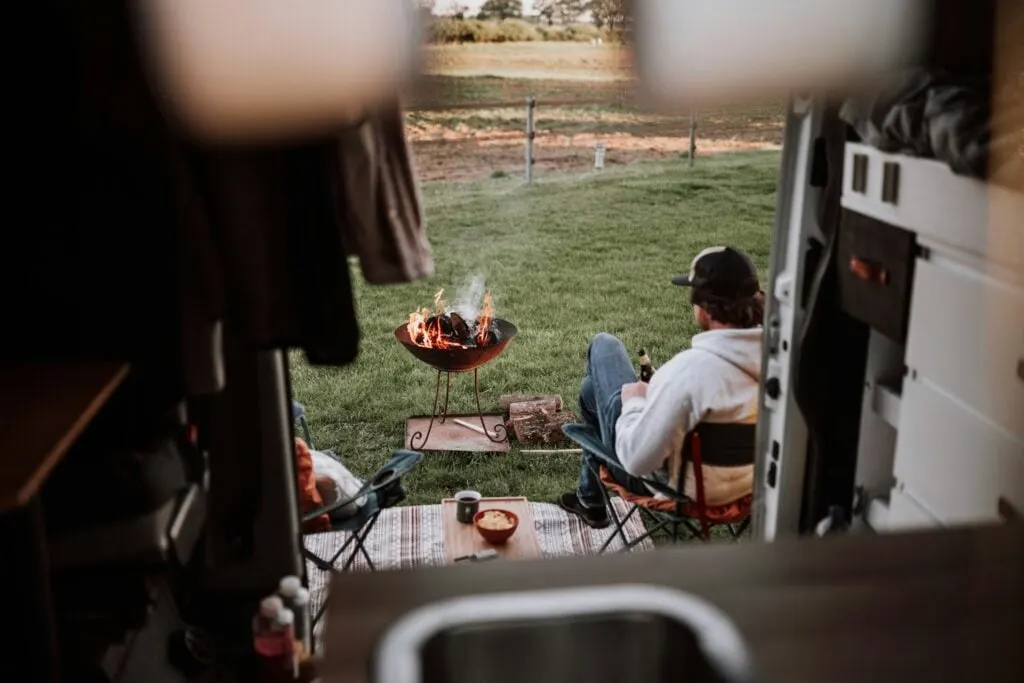
Ever thought your RV trip could be harming wildlife? Here’s what you need to know!
While RVing is a fantastic way to explore nature, it’s crucial to understand its impact on wildlife and take steps to minimize it.
Let’s dive into some of the ways RVing can affect our furry and feathered friends and how you can help protect them.
1. Disturbing Natural Habitats
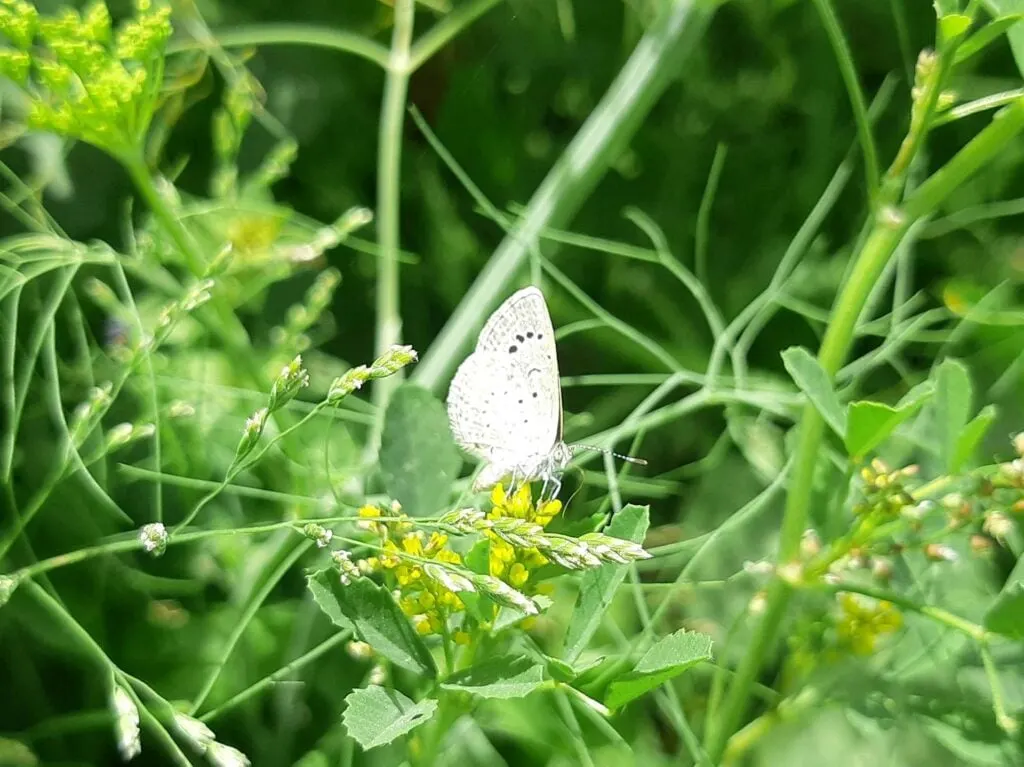
When you drive off designated roads or camp outside of marked areas, you might be disturbing wildlife habitats. Animals rely on these spaces for shelter and food, and our intrusion can disrupt their lives.
To minimize this impact, always stick to established roads and campsites. This simple step helps protect delicate ecosystems and keeps wildlife safe.
Enjoy your RV adventure while being mindful of where you park and camp. By following these guidelines, you can help preserve the natural beauty and wildlife for everyone to enjoy.
2. Noise Pollution

The sound of your RV engine, generators, or even loud conversations can scare away animals or interfere with their natural behaviors. Many creatures depend on a quiet environment to hunt, mate, and communicate.
Reduce noise pollution by turning off your engine when parked and using generators sparingly. Enjoy the natural sounds around you instead of playing loud music.
Keeping the noise down helps wildlife stay calm and thrive in their habitats. Your peaceful presence makes a big difference in preserving the tranquility of these natural areas.
3. Waste Management
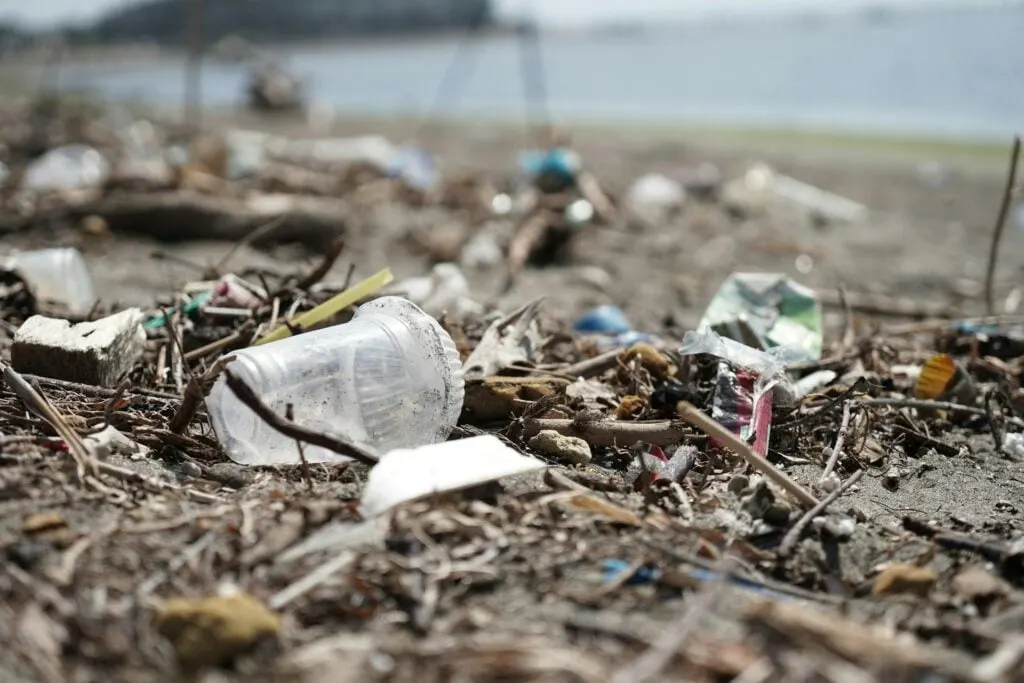
Improper waste disposal can attract animals, leading to harmful interactions and polluting their habitats. Litter can also contaminate water sources, posing dangers to wildlife.
Manage waste responsibly by using biodegradable products and disposing of trash in designated bins. Never leave food scraps or litter behind.
Carry a trash bag with you and make sure to pack out all your waste. By doing this, you help keep the environment clean and safe for wildlife, making your RV trips more enjoyable and eco-friendly.
4. Feeding Wildlife
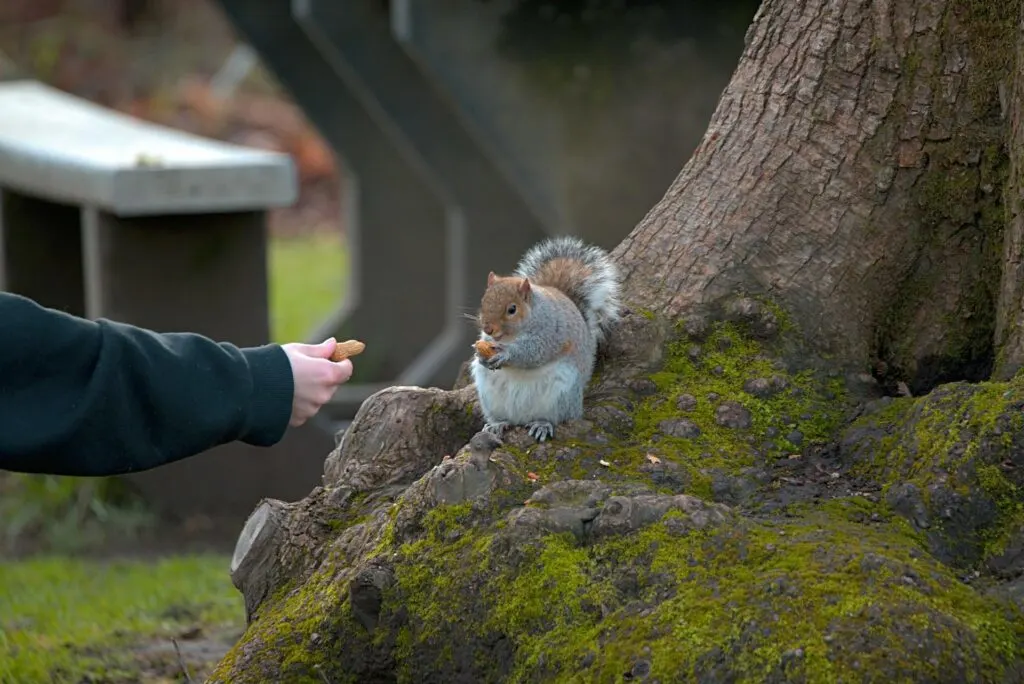
Feeding wildlife might seem harmless, but it actually does more harm than good. Animals can start relying on human food, which isn’t healthy for them. This dependency can mess up their natural feeding habits and lead to health problems.
So, keep your food securely stored and enjoy watching animals from a safe distance. Let them find their own food in nature.
By not feeding the wildlife, you’re helping them stay healthy and wild. Your actions make a big difference in keeping these beautiful creatures safe and thriving.
5. Light Pollution
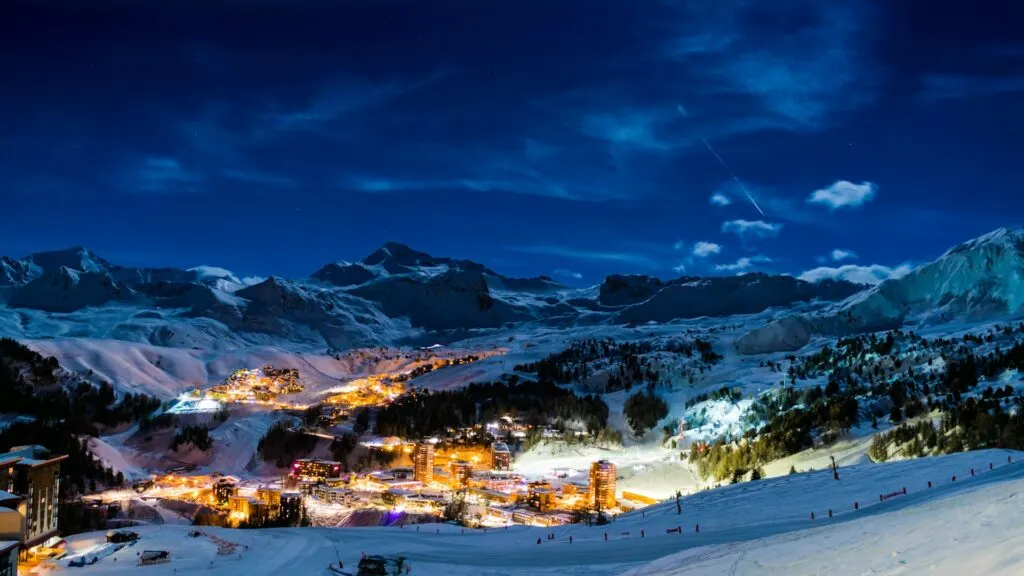
The bright lights from your RV can really mess with nocturnal animals. Many species rely on the dark to navigate, hunt, and stay safe from predators.
Use low-intensity lights and cover your windows at night to keep light pollution to a minimum. This small change can make a big difference.
By reducing light pollution, you help protect the nighttime environment for wildlife. Your consideration helps ensure these creatures can go about their nightly routines undisturbed.
6. Driving Carefully
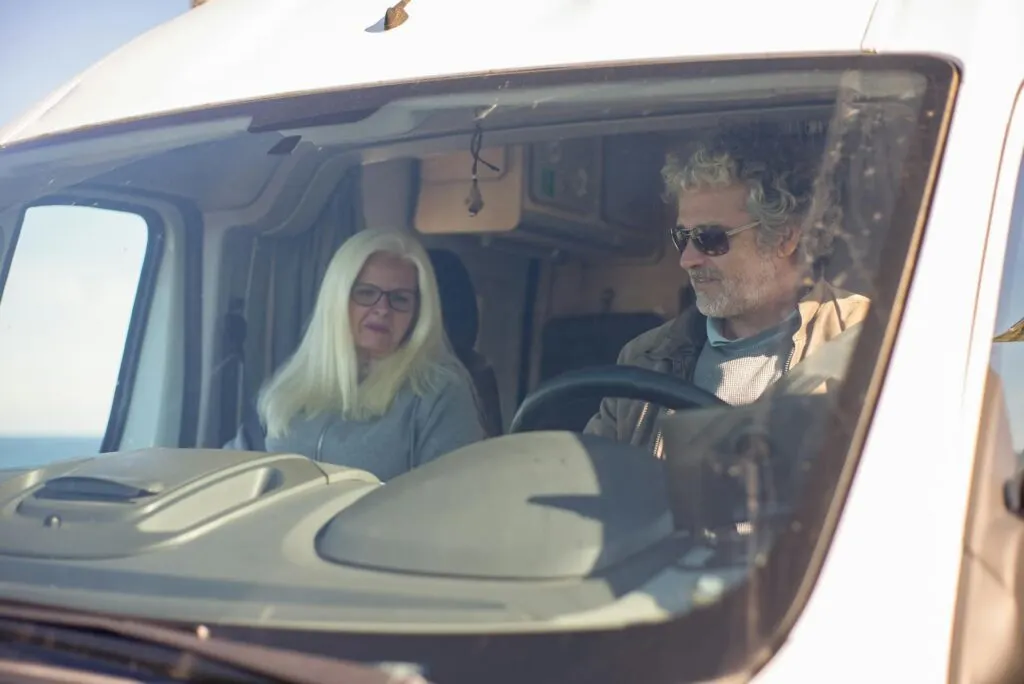
Speeding or not paying attention while driving can lead to accidents with wildlife. Animals often cross roads, especially in parks and natural reserves.
Drive slowly and stay alert, especially at dawn and dusk when animals are most active. Watch for wildlife crossing signs and be prepared to stop.
By driving carefully, you help protect wildlife and ensure your safety too. Every cautious drive helps preserve these beautiful creatures and their habitats.
7. Using Eco-Friendly Products

Using eco-friendly products in your RV can significantly reduce your environmental impact. Traditional cleaning and personal care products can contain harmful chemicals that pollute water and soil.
Opt for biodegradable soaps, detergents, and cleaning supplies. These products are better for the environment and safer for wildlife.
By choosing eco-friendly products, you support a healthier environment for the wildlife around you. Small changes in your purchasing habits can make a big difference in preserving natural habitats.
8. Camping Etiquette
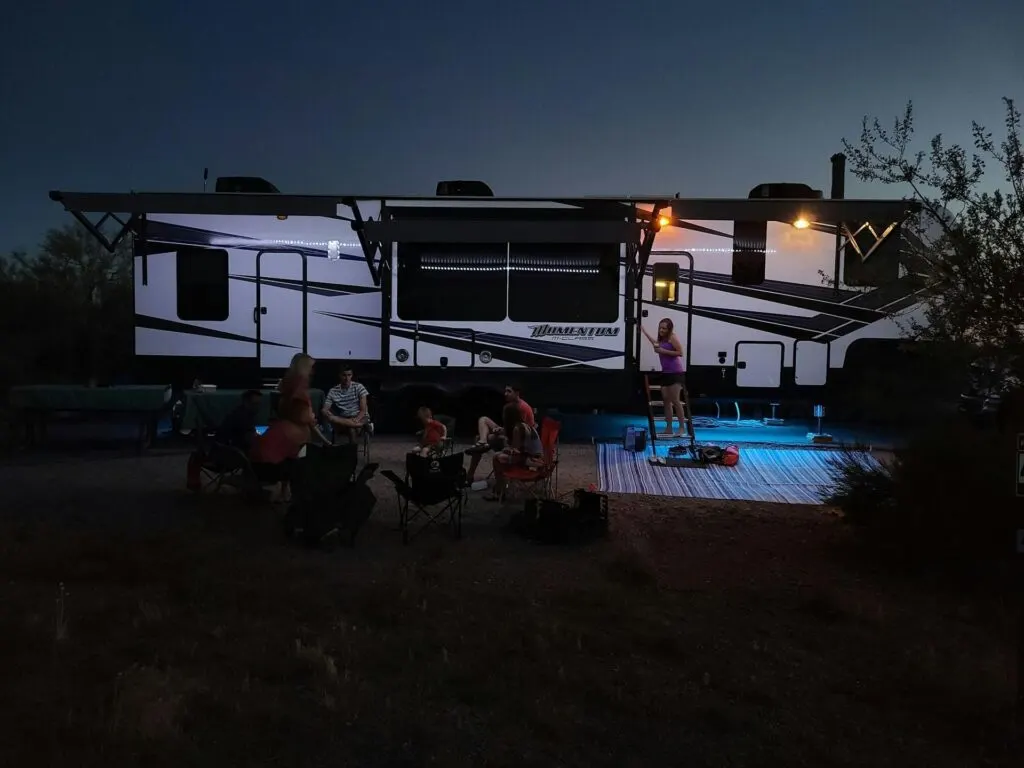
Respecting campgrounds and fellow campers helps maintain the area for wildlife and other visitors. Stick to designated sites and keep noise levels down to avoid disturbing the natural surroundings.
Leave no trace by cleaning up all your trash and minimizing your impact on the environment. Follow all campground rules and guidelines.
By practicing good camping etiquette, you help preserve the beauty of the outdoors and protect wildlife habitats. Your thoughtful actions ensure everyone can enjoy these natural spaces.
9. Water Conservation

Conserving water not only helps the environment but also supports the local wildlife. Using less water means more is available for the natural habitats around you.
Use water-saving devices like low-flow showerheads and be mindful of your water usage. Collect and dispose of gray water properly to avoid contaminating natural water sources.
By conserving water, you help maintain a healthy ecosystem for the wildlife. Small changes in your RV habits can make a big difference in preserving the natural beauty and balance of the areas you visit.
10. Avoiding Invasive Species
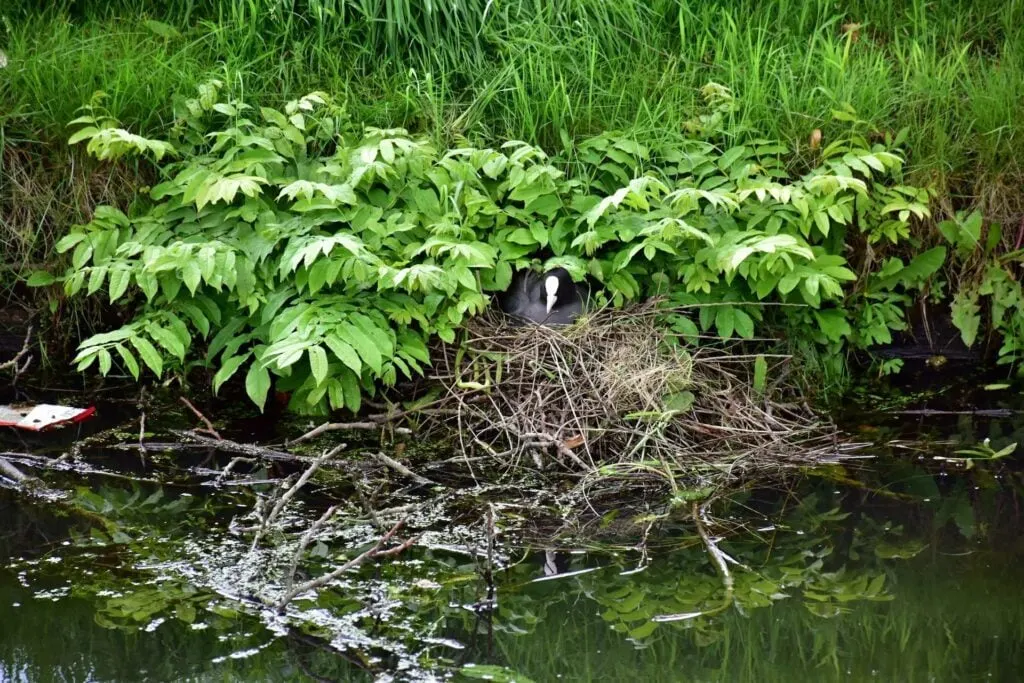
Your RV travels can unintentionally spread invasive species. These non-native plants and animals can harm local ecosystems by outcompeting native species.
Clean your RV and gear thoroughly before moving to a new location. Check for hitchhiking seeds or insects that could be carried to a different area.
By taking these precautions, you help protect the natural balance of the ecosystems you visit. Your careful actions prevent the spread of invasive species and safeguard local wildlife.
11. Respecting Wildlife Viewing Guidelines
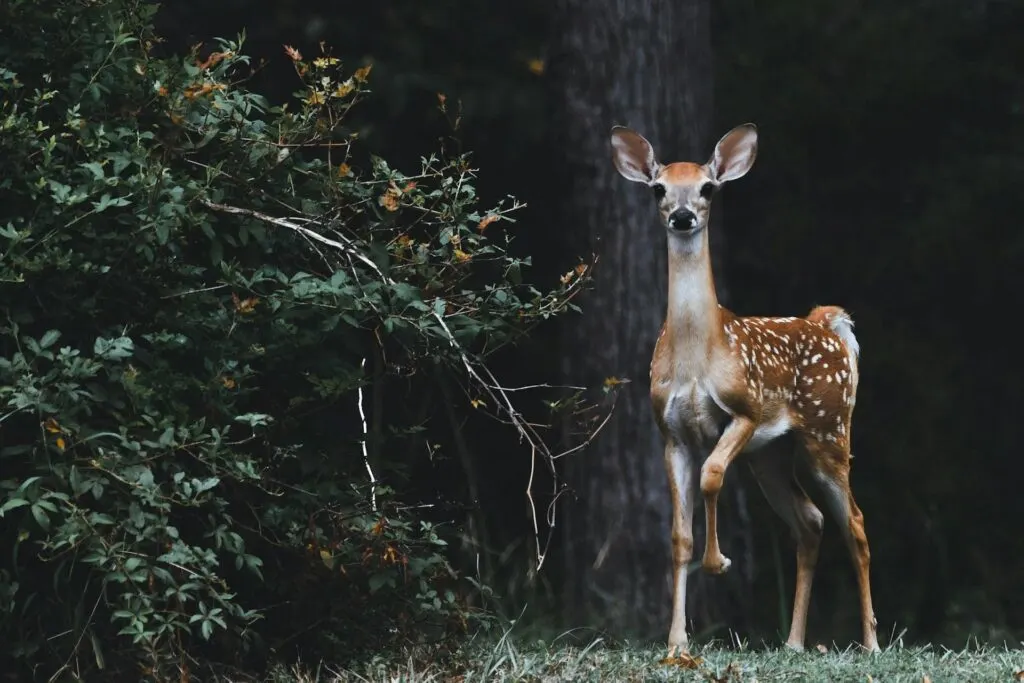
Observing wildlife from a safe distance keeps both you and the animals safe. Getting too close can stress animals and disrupt their natural behaviors.
Use binoculars for a closer look without intruding on their space. Always follow park guidelines and signage about wildlife viewing.
Respecting these guidelines ensures that wildlife can thrive undisturbed and that you have a safe, enjoyable experience. Your mindful behavior helps protect the natural habits and routines of the animals you encounter.
12. Supporting Local Conservation Efforts
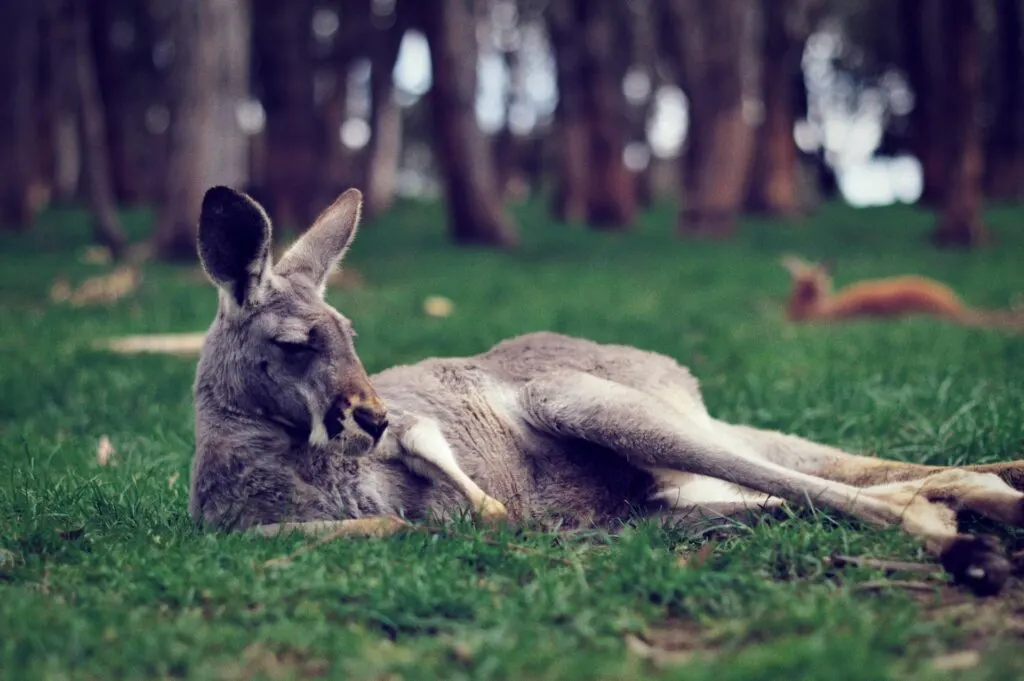
Supporting local conservation initiatives helps protect wildlife and their habitats. Your contributions can directly support efforts to preserve the natural beauty of the places you love to visit.
Consider donating to conservation projects or participating in local clean-ups. Many parks offer volunteer opportunities that allow you to give back while enjoying the great outdoors.
By getting involved in local conservation, you play a crucial role in protecting the environment. Your efforts ensure that these beautiful natural areas remain vibrant and thriving for future generations to enjoy.
Enjoy Nature Responsibly
Your RV adventures can be both thrilling and eco-friendly. Each small step you take to minimize your impact helps ensure that the beautiful places you visit remain vibrant and full of life for future generations. So hit the road, but do it with care and respect for the wildlife that calls these places home.
